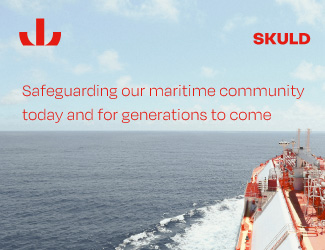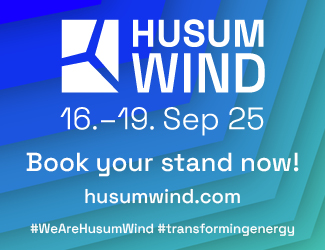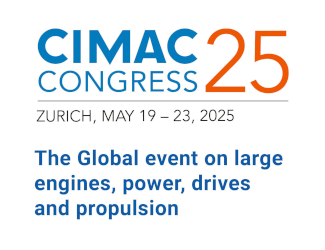A high-ranking alliance has come up in the debate about the automation of the maritime industry, calling for efficient[ds_preview] qualification programmes in order to not leaving transport workers behind. The International Transport Workers’ Federation (ITF) and the World Maritime University (WMU) have analysed the potential consequences of the widely debated automation in the maritime industry on the human work.
The report intends to show how the global transport industry will change as a result of automation and advanced technologies, forecasting and analyzing trends and developments in the major transport sectors – seaborne, road, rail and aviation – to 2040 with an emphasis on the implications for jobs and employment for transport workers. It concludes that the introduction of automation in global transport will be »evolutionary, rather than revolutionary,« and that »despite high levels of automation, qualified human resources with the right skill sets will still be needed in the foreseeable future.«
Key findings indicate that technological advances are inevitable, but will be gradual and vary by region. Workers will be affected in different ways based on their skill levels and the varying degrees of preparedness of different countries. Case studies, as well as comparisons of autonomy scales and automation potential for job profiles in transport provide insight to the future of work. Regarding maritime transport, the report looks at 17 countries more specifically to assess how prepared they are for technical innovation.
It is noted that new technologies and automation are impacting transport sector workers through both the displacement and creation of jobs, and may result in difficult transitions for many employed in the transportation sector. »The future of work needs to ensure that workers are suitably qualified and re-trained to effectively master new technologies and higher levels of automation«, it says.
IMO Secretary-General, Kitack Lim emphasized that integrating new and advancing technologies in the regulatory framework is a key strategic direction for IMO. ITF General Secretary Stephen Cotton said that automation, new technology and the future of work are some of the most important challenges facing workers today: »Transport workers must be equipped with the required knowledge, skills and expertise for the jobs of tomorrow.«
The importance of the study was echoed by Cleopatra Doumbia-Henry, President of WMU: »It enabled us to provide a more accurate assessment of technology, the modes of transport, and their status in the short, medium and long term.«















